They All Sang (with Edward B. Marks)
Back Where I Came From
The Telephone Booth Indian
The Road Back to Paris
Republic of Silence
The Wayward Pressman
Mink and Red Herring
The Honest Rainmaker
Normandy Revisited
The Sweet Science
The Earl of Louisiana
The Press
The Most of A. J. Liebling
Between Meals
Mollie & Other War Pieces
Chicago: Second City
A Neutral Corner
Liebling at The New Yorker
Paysage de Crpuscule
From the window at which I write, I can look west between two walls of high buildings to the North River. A warehouse stands at the end of the street, and the Palisades, on the other shore, appear suspended above it; the interposed river is invisible. Beyond the Palisades, a taller range, which I take to be the Orange Mountains, forms a horizon. The skyscrapers that make up the two walls date from the twenties, the period of the hollow ziggurat. The signature skyscraper of our own age is the upended glass coffin. When I look at the set-back shoulders of the old ones, I visualize them at the date of the crash, with suiciding holders of mortgage bonds cascading from level to level, like spent fish coming down a salmon ladder. It was a brilliant epoch.
The highest peak on the uptown side of this brief canyon on Forty-third Street is the Paramount Theatre Building; the downtown side is dominated by the Hotel Dixie, a hundred yards to the west. Each blots out the lesser heights behind it. I tell time by the clock on the Paramount, but the Dixie is my moral beacon. Colonel John R. Stingo, my favorite writer, lives there, as snug as a Mexican jumping bug in a bean. I work best at night, when the Dixie is easy to identify by the red electric sign on the roof which reads DIXIE HOTEL, and by the vertical one:
Whenever I look over there, I think of how the Colonel is cheered by the sight of hundreds of lights in office buildings at night. It reminds me of Ricecakes he says. Ricecakes is his petit nom for George Graham Rice, a departed Wolf of Wall Street. Just think, Ricecakes would say Behind each of those windows, a man is awake, scheming to take somebody elses money. It gave him a group feeling, and I was never mean enough to advert him that they in most instances signalized the nocturnal labors of honest charwomen. He would have detested the thought.
I, in turn, am cheered when I think of the Colonel up in his room, which faces the Flea Circus, on the Forty-second Street side of the hotel. He is better company, even two blocks away, than a bust of Pallas sitting up above my chamber door, and of more solace than a good conscience, for he indicates that the future is long. When I first knew the Colonel, in 1946, I congratulated him on his bonne mine . He was then, by his own count, seventy-two. I have three rules for keeping in condition he said. I will not let guileful women move in on me. I decline all responsibility. And, above all, I avoid all heckling work. Also, I shun exactious luxuries, lest I become their slave.
Along the approaches to the Dixie I can see foothills, one of them a narrow hotel called the Strand, just west of Seventh Avenue. There, once, in the early 1930S, when I was a reporter for the World-Telegram , I interviewed a man with an electric shirt front, a dickey filigreed with the name of a brand of cigars. He wore an electric bulb, worked by a battery that was fastened to his chest behind this display space, and he could turn the light off and on from a switch in his left pants pocket. With his right hand, he would move a cigar in and out of his face. He would stroll along Broadway of nights, an ambulatory rival of the spectaculars on costly rented space. Hewore a high silk hat, a white vest, and tails. This selfpropelled illumination was of a most impressive appearancesix feet plus, with a cherry-pop complexion and a gray mustache and goatee. He told me that his ambition was to manage a heavyweight champion of the world, and that the excess of his income over his needs during the Depression permitted him to subsidize a succession of towering louts. All of them deserted at their first chance to obtain employment. They lacked what Colonel Stingo calls the Divine Inflatus. The electric man, for revenge, beat them up when he could catch them. He was an arrogant man, and bibulous. I remember that on the morning when I talked to him he had a hang-over, and the high hat and the rest of the glad rags, strewn about his small room, made it look as if he had been out celebrating New Years Eve in about 1898. The room was darkened by the shadow of an electric sign just outside. Years later, the wartime dimout extinguished his profession, since the Civilian Defense authorities deemed him an air-raid risk, and I do not know what then became of him.
On my own side of the canyon, the top third of the old Hotel Woodstock intervenes between me and the lower stories of the Paramount. I have no intimate memories of the Woodstock, which is perhaps evidence of its respectability, but I know a fellow who lives there when he is not at sea as a physiotherapist on the America, of the United States Lines. He is an astrologo-nutritionist, yogist, and poet, and is even more distinguished in my book by being the only prizefighter Ive ever known who was ruined by orange juice. Jack Willis, to give him his public name, or William Hamby, as he signs ships articles, changed his name when he was young, so that his father wouldnt find out what he was doing. He came out of Texas in 1924 carrying a bag that contained a spare shirt, a tube of Vaseline for his hair, boxing trunks, a pair of ring shoes, and a roll of bicycle tape. Wrapping the tape around his hands before each fight, he left a wake of concussions from Baton Rouge, Louisiana, to Portland, Maine, having successively established himself in each place as a local boy with a job in the lumberyard. He reached his peak in California. But during the second half of the twenties, when he was a prominent middleweight, he began to notice that fellowslike Mickey Walker were getting up off the floor after he knocked them down. As he usually broke a hand with the first knockdown, he lost several fights. It wasnt until I began to study nutrition, years afterward, that I understood what had happened Willis told me. I used to drink orange juice by the bucket, under the impression it was good for me, and it leached all the calcium out of my fists, leaving them brittle. I might as well have been hitting those guys with a china cup. Unconsciously, I began to pull, and then they didnt even go down the first time. If I had stuck to whiskey in moderation, I would have been all right. Of course, it might have made some difference that the California Boxing Commission made me quit using the bicycle tape. But the orange juice is what did the business.
Willis became convinced of the power of yoga during a scheduled twenty-round bout with a light heavyweight his manager had erroneously selected for him as a soft touch on July 4

1930

in Reno, Nevada. He had a broken rib from the previous soft touch when he went into the ringhis manager was an optimistand the Reno soft touch, twenty-five pounds heavier than Willis, was killing him when my friend suddenly achieved perfect concentration and flattened the bum with a punch. His hands were already going then, though. It was too late to start a new career on a Vedantic basis. Astrology, yoga, and poetry are the troika of humanities that most interest him now, and he has driven them in harness ever since the failure of an attempt to hitch astrology with horseplaying. The horseplaying fiasco is still a sore subject with Mrs. Willis-Hamby, who is an astrologist, too, but does not think that the science should be milked for safe long shots. The Willis-Hambys say that when they met, at a party in London while the America was turning around, they knew at once that they were predestined mates, and their true selves have never quarreled since. Each has two selves, however, and the short-tempered doppelgnger sometimes tangle over things like betting. Willis is a big, impressive man, a heavyweight now, who walks with his face tilted upward, as if he were looking for a star working three furlongs. (It is a shipboard habit, he says; nights at sea, he can stargaze full time without fear of being run over.)

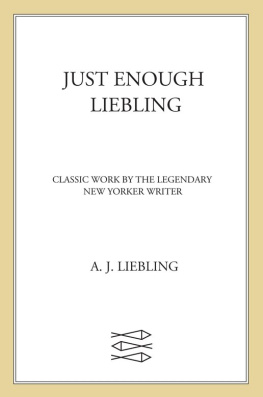
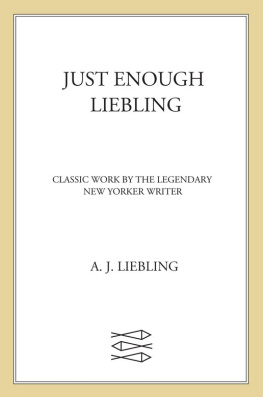
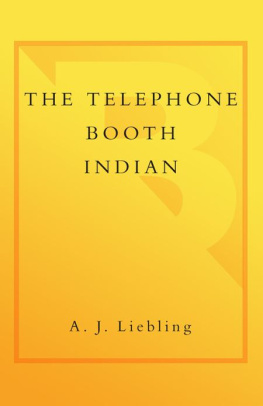
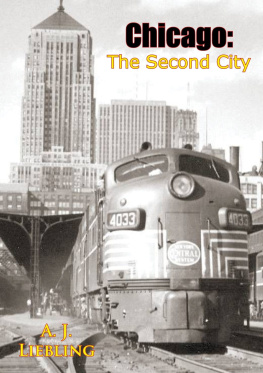

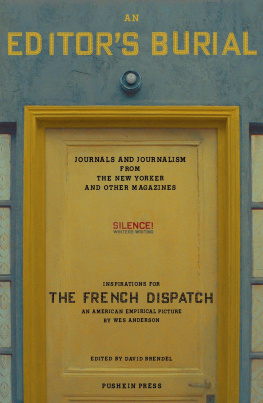
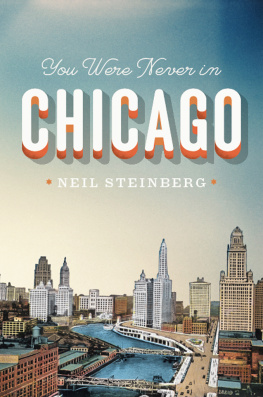
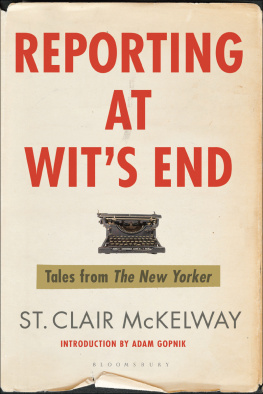
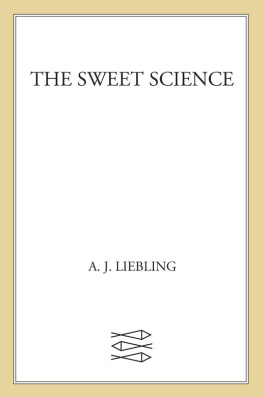
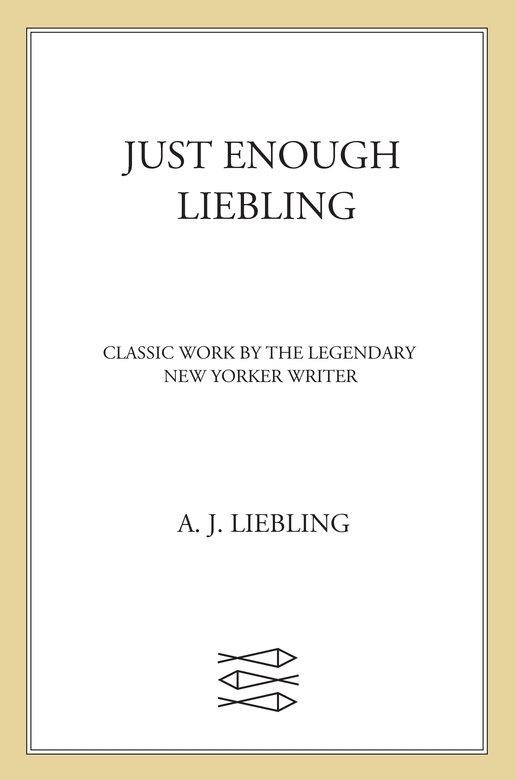
 1930
1930